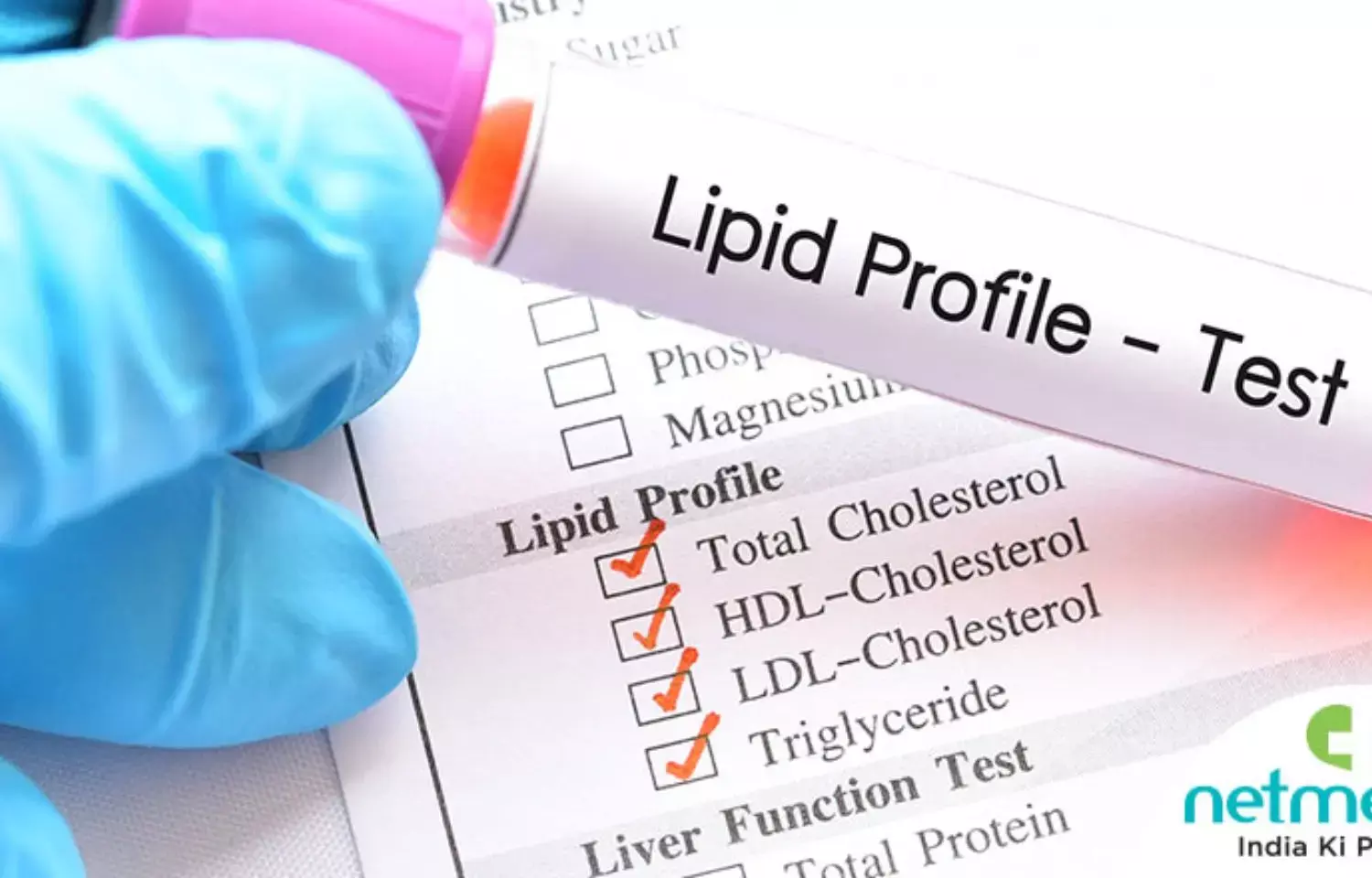- Home
- Medical news & Guidelines
- Anesthesiology
- Cardiology and CTVS
- Critical Care
- Dentistry
- Dermatology
- Diabetes and Endocrinology
- ENT
- Gastroenterology
- Medicine
- Nephrology
- Neurology
- Obstretics-Gynaecology
- Oncology
- Ophthalmology
- Orthopaedics
- Pediatrics-Neonatology
- Psychiatry
- Pulmonology
- Radiology
- Surgery
- Urology
- Laboratory Medicine
- Diet
- Nursing
- Paramedical
- Physiotherapy
- Health news
- Fact Check
- Bone Health Fact Check
- Brain Health Fact Check
- Cancer Related Fact Check
- Child Care Fact Check
- Dental and oral health fact check
- Diabetes and metabolic health fact check
- Diet and Nutrition Fact Check
- Eye and ENT Care Fact Check
- Fitness fact check
- Gut health fact check
- Heart health fact check
- Kidney health fact check
- Medical education fact check
- Men's health fact check
- Respiratory fact check
- Skin and hair care fact check
- Vaccine and Immunization fact check
- Women's health fact check
- AYUSH
- State News
- Andaman and Nicobar Islands
- Andhra Pradesh
- Arunachal Pradesh
- Assam
- Bihar
- Chandigarh
- Chattisgarh
- Dadra and Nagar Haveli
- Daman and Diu
- Delhi
- Goa
- Gujarat
- Haryana
- Himachal Pradesh
- Jammu & Kashmir
- Jharkhand
- Karnataka
- Kerala
- Ladakh
- Lakshadweep
- Madhya Pradesh
- Maharashtra
- Manipur
- Meghalaya
- Mizoram
- Nagaland
- Odisha
- Puducherry
- Punjab
- Rajasthan
- Sikkim
- Tamil Nadu
- Telangana
- Tripura
- Uttar Pradesh
- Uttrakhand
- West Bengal
- Medical Education
- Industry
Serum lipid levels may help predict colorectal cancer: BMJ

China: There is a correlation between lipid profile and the risk of colorectal cancer (CRC). High levels of serum triglyceride (TG) and total cholesterol (TC) are associated with an increased risk of CRC, states the study results published in The BMJ Open.
High levels of serum high-density lipoprotein cholesterol (HDL-C) are negatively correlated with the incidence rate of colorectal cancer and no association was found between LDL-C and the risk of developing CRC.
Colorectal (also known as bowel) cancer is the 3rd most common cancer worldwide. It poses a significant threat to public health as it is associated with a high incidence rate, a high mortality rate, rapid progress, and uncomplicated metastasis. Evidence has shown that lipid imbalance is one of the main risk factors for CRC through associations with inflammation, oxidative stress, and insulin resistance. Thus, exploring the relationship between the lipid profile and the risk of CRC is the key to understanding the occurrence of CRC. As lipid profiling is convenient, it carries an advantage in studying its relationship to CRC. The lipid profile includes triglyceride(TG), total cholesterol (TC), high-density lipoprotein cholesterol (HDL-C), and low-density lipoprotein cholesterol (LDL-C). Previous studies have reported contradictory results on the relationship between serum lipid levels and the risk of CRC.
Yang Z, Capital Medical University Affiliated Beijing Shijitan Hospital, China, and colleagues conducted a meta-analysis of prospective published studies to explore the relationship between serum lipid and CRC risk.
Reviewers searched PubMed and Embase databases for all literature from inception until December 2020. They considered prospective cohort and case-control studies that evaluated differences in serum lipid levels with the risk of developing CRC. Twenty-four prospective studies, including 4 224 317 individuals with 29 499 CRC cases, were included in the meta-analysis.
Key findings of the analysis,
• The total pooled risk ratio (RR) for high vs low concentrations of triglyceride (TG), total cholesterol(TC), high-density lipoprotein cholesterol (HDL-C), and low-density lipoprotein cholesterol (LDL-C) was reported at 1.21, 1.15, 0.86 and 1.03, respectively.
Investigators conclude that high levels of serum TG and TC are positively correlated and high levels of serum HDL-C are negatively correlated with the incidence rate of CRC. Furthermore, no association was found between LDL-C and the risk of developing CRC. The study suggests that dyslipidemia may be a risk factor to consider when making clinical decisions on CRC screening and monitoring.
The effectiveness of the present study is limited by the heterogeneity brought about by comparative methods, demographic differences, and pathological differences between the research subjects. In the future, a high-quality, large-scale, multicentre prospective study is needed to confirm the role of serum lipids in the risk of CRC and to verify whether intervention in the concentration of lipid components would reduce the CRC incidence rate, the authors wrote.
Reference:
Yang Z, Tang H, Lu S, Sun X, Rao B. Relationship between serum lipid level and colorectal cancer: a systemic review and meta-analysis. BMJ Open. 2022 Jun 22;12(6):e052373. doi: 10.1136/bmjopen-2021-052373. PMID: 35732386.
BDS
Dr. Hiral patel (BDS) has completed BDS from Gujarat University, Baroda. She has worked in private dental steup for 8years and is currently a consulting general dentist in mumbai. She has recently completed her advanced PG diploma in clinical research and pharmacovigilance. She is passionate about writing and loves to read, analyses and write informative medical content for readers. She can be contacted at editorial@medicaldialogues.in.
Dr Kamal Kant Kohli-MBBS, DTCD- a chest specialist with more than 30 years of practice and a flair for writing clinical articles, Dr Kamal Kant Kohli joined Medical Dialogues as a Chief Editor of Medical News. Besides writing articles, as an editor, he proofreads and verifies all the medical content published on Medical Dialogues including those coming from journals, studies,medical conferences,guidelines etc. Email: drkohli@medicaldialogues.in. Contact no. 011-43720751


